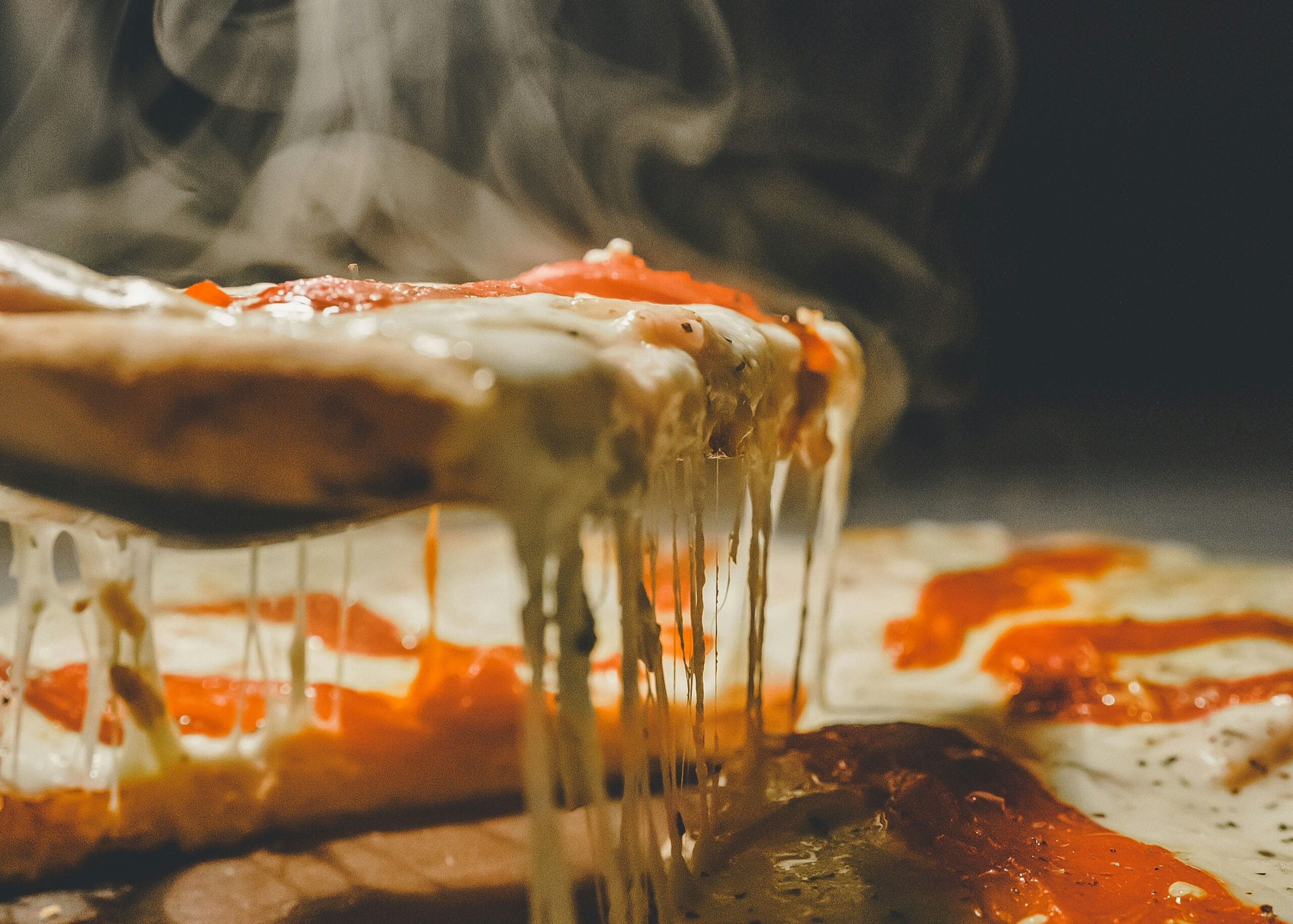A new study has found that eating too much dairy could disrupt your sleep – and might even give you nightmares.
Researchers have found a strong link between lactose intolerance and restless nights, possibly because gastrointestinal discomfort during sleep can influence how people experience their dreams.
“Nightmare severity is robustly associated with lactose intolerance and other food allergies,” said Dr Tore Nielsen of University de Montreal, the lead author of the article in Frontiers in Psychology.
“These new findings imply that changing eating habits for people with some food sensitivities could alleviate nightmares. They could also explain why people so often blame dairy for bad dreams!”
To investigate, the study surveyed over 1000 people about sleep time and quality, dreams and nightmares, and any perceived connections between different foods and dreams.
They also considered participants’ mental and physical health, along with their relationship with food.
About a third of respondents reported experiencing nightmares regularly, with women more affected than men.
Around 40 per cent of participants believed that eating late could impact their sleep, and about a quarter thought specific foods worsened their sleep.
Participants with poorer diets tended to report more negative and bizarre dreams, along with weaker dream recall.
Interestingly, while only 5.5 per cent thought food affected the tone of their dreams, many blamed sweets, spicy foods, or dairy for making dreams more unsettling or strange.
When analysing the data, researchers found a link between lactose intolerance, nightmares, gastrointestinal issues, and poor sleep quality.
“Nightmares are worse for lactose intolerant people who suffer severe gastrointestinal symptoms and whose sleep is disrupted,” said Dr Nielsen.
“This makes sense, because we know that other bodily sensations can affect dreaming. Nightmares can be very disruptive, especially if they occur often, because they tend to awaken people from sleep in a dysphoric state … (which) can rob you of restful sleep.”
While the connection between diet and sleep isn’t fully understood, Rachel Beard, Sleep Wellness Manager at A.H. Beard, not involved in the study, told news.com.au that the link is “undeniable”.
“What we eat affects how well we sleep, and in turn, how well we sleep can influence our food choices,” she said.
“Certain foods are known to promote better sleep, while others hinder it, so making smart choices for dinner and dessert is crucial. It’s also about timing. We usually recommend avoiding food at least three hours before bed so your body can focus on restorative processes instead of digestion.”
She mentioned that with cheese, varieties like Swiss, Parmesan, Cheddar, and Camembert can be especially problematic before sleep.
“These cheeses are high in saturated fat, which makes them hard to digest. This keeps your digestive system active and working hard, preventing your body from relaxing and entering a restful, healing state.
Rather than having a cheese platter before bed, consider eating it earlier, perhaps at lunchtime with friends, to avoid disturbing your sleep.”
Interestingly, she adds that not all cheeses are equal when it comes to bedtime.
“An unlikely but beneficial pairing for sleep is kiwi and cottage cheese. Melatonin-rich kiwi has been shown to aid sleep, and the calcium in cottage cheese helps produce melatonin,” she said.
Photo by Pablo Pacheco on Unsplash

